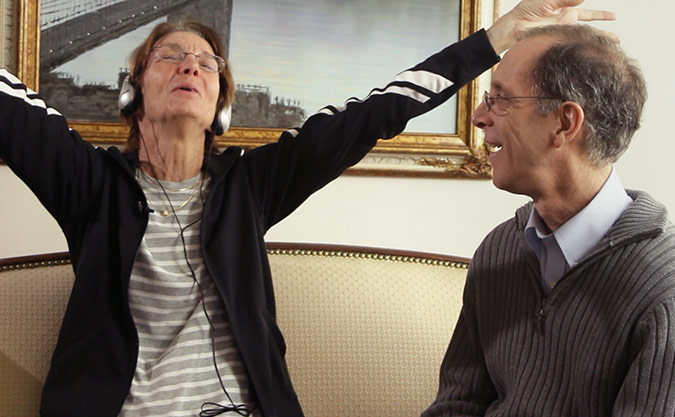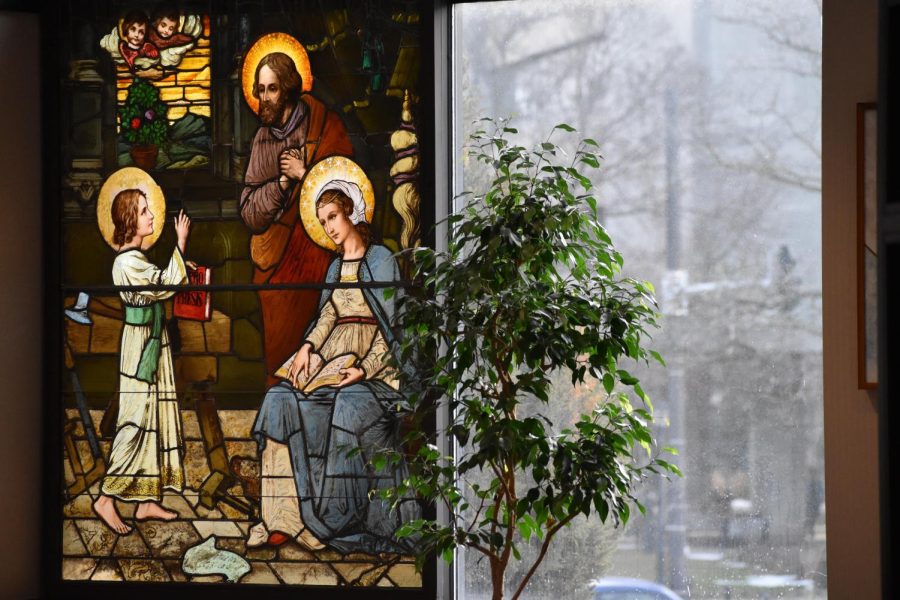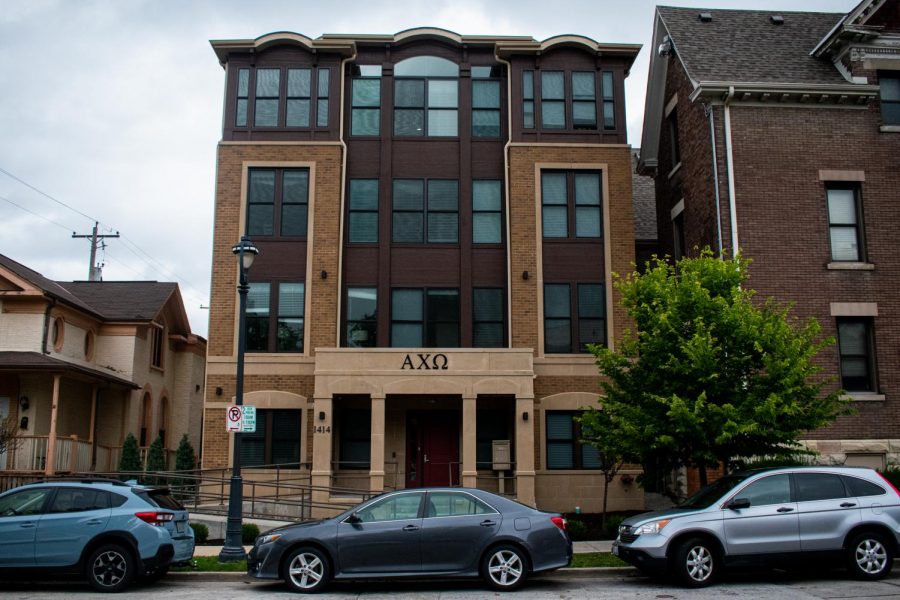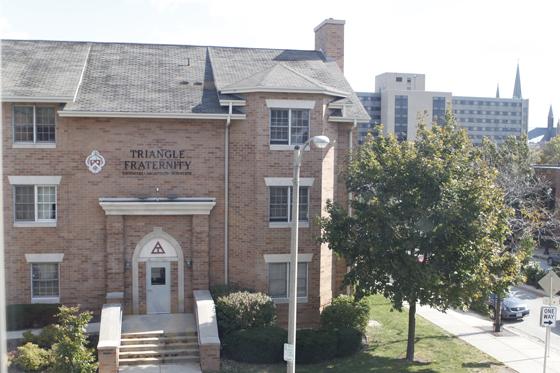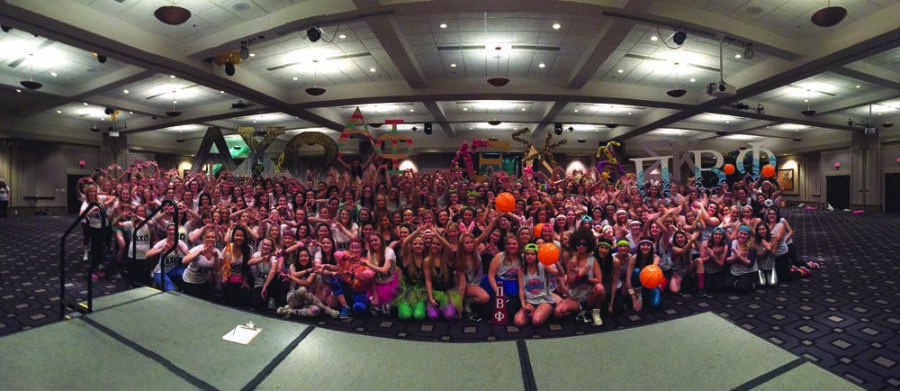
On Sunday, Sept. 15, Marquette’s Sigma Kappa chapter participated in the Walk to End Alzheimer’s. The walk raised $647,261 dollars with Sigma Kappa contributing $18,959 dollars towards Alzheimer’s research. The walk took place at Henry Maier Festival Park.
At the walk, there were girls from Sigma Kappa, community members and caregivers of those who are living with Alzheimer’s. Many of the Sigma Kappa girls expressed how emotional the day was, as many of them have a personal connection to the cause.
Alivia Sobon, a junior in the College of Health Sciences, shared her story about losing her grandfather to Alzheimer’s.
“It was very hard, and not something I would ever want anyone else to go through,” Sobon said.
Sobon says the reason she participated in the walk is because she is a member of Sigma Kappa.
“It’s really nice being able to be with a group of girls who have gone through similar situations, really nice to have that community around you, especially when it feels like you’re the only one going through this,” Sobon said.
Mary Polking, a third-year PhD student studying memory retrieval, spoke about how Alzheimer’s affects people.
“Alzheimer’s is a specific, and the most common, kind of dementia that is associated first with memory deficits and then more cognitive deficits, and also with some cellular dysfunctions in the brain,” Polking said.
Polking said that the disease can cause mental and emotional deficits.
“Most older adults can be forgetful, but in Alzheimer’s these deficits can get worse and it becomes less and less easy to encode new memories…as Alzheimer’s progresses you tend to see more emotional deficits, its very frustrating to not be able to orient yourself properly,” Polking said.
While there is still a lot of work to be done, Polking is hopeful for the future. She said that early detection plays a vital role in ending the disease. She also stressed the importance of exercise in keeping the brain healthy.
“People who exercise, especially elders who exercise, are using simple ways to mitigate the effects of cognitive decline,” Polking said.
While the disease currently doesn’t have a cure, many of the Sigma Kappa sisters share Polking’s hopefulness for the future.
Gwyneth Medlock, a senior in the College of Nursing and the president of Sigma Kappa, described the walk as a place where everyone feels like family.
“It’s a time where I really see our sisterhood come together to support each other,” Medlock said.
The girls are there to individually support one another, but also to raise awareness about Alzheimer‘s.
“Having that sadness take over your family is a sadness that I never want to see one of my sisters go through. But unfortunately, there is no cure for this disease and that’s why we are doing this walk,” Medlock said.
She describes the walk as empowering, saying that Sigma Kappa is able to work with this organization to really make a change.
“It’s really an opportunity to build a community with the people there, share your losses, and at the same time realize that you’re not going through that alone,” Medlock said.
At the walk, each person is given a flower representing their connection to Alzheimer’s. There are flowers that symbolize people who have lost someone to Alzheimer’s, someone currently caring for a loved one, a supporter of the cause and someone who is living with Alzheimer’s. There is one white flower reserved for speeches, which symbolizes hope for a cure.
According to Madeline Brantman, a junior in the College of Communication, the event is an exciting time full of community, who serves as the Sigma Kappa Vice President of philanthropic services.
“You get to hear stories from other people, and share your own,” Brantman said.
She said that Sigma Kappa has been participating in the walk for many years now, and Sigma Kappa is one of the foundation’s biggest donors. This year, Sigma Kappa set a goal of raising $10,000 dollars for the association, a number which they almost doubled.
Not only is the event significant for the greater Milwaukee community, but Brantman says that philanthropy is a huge part of her sorority experience.
“Sororities were built because they were a group of women who wanted to come together and create something bigger than themselves,” Brantman said.
To learn more about the Alzheimer’s Association you can visit their website.
This story was written by Ruby Mulvaney. She can be reached at ruby.mulvaney@marquette.edu.



